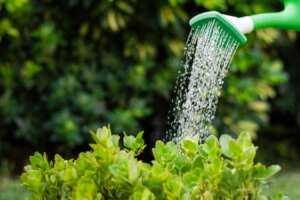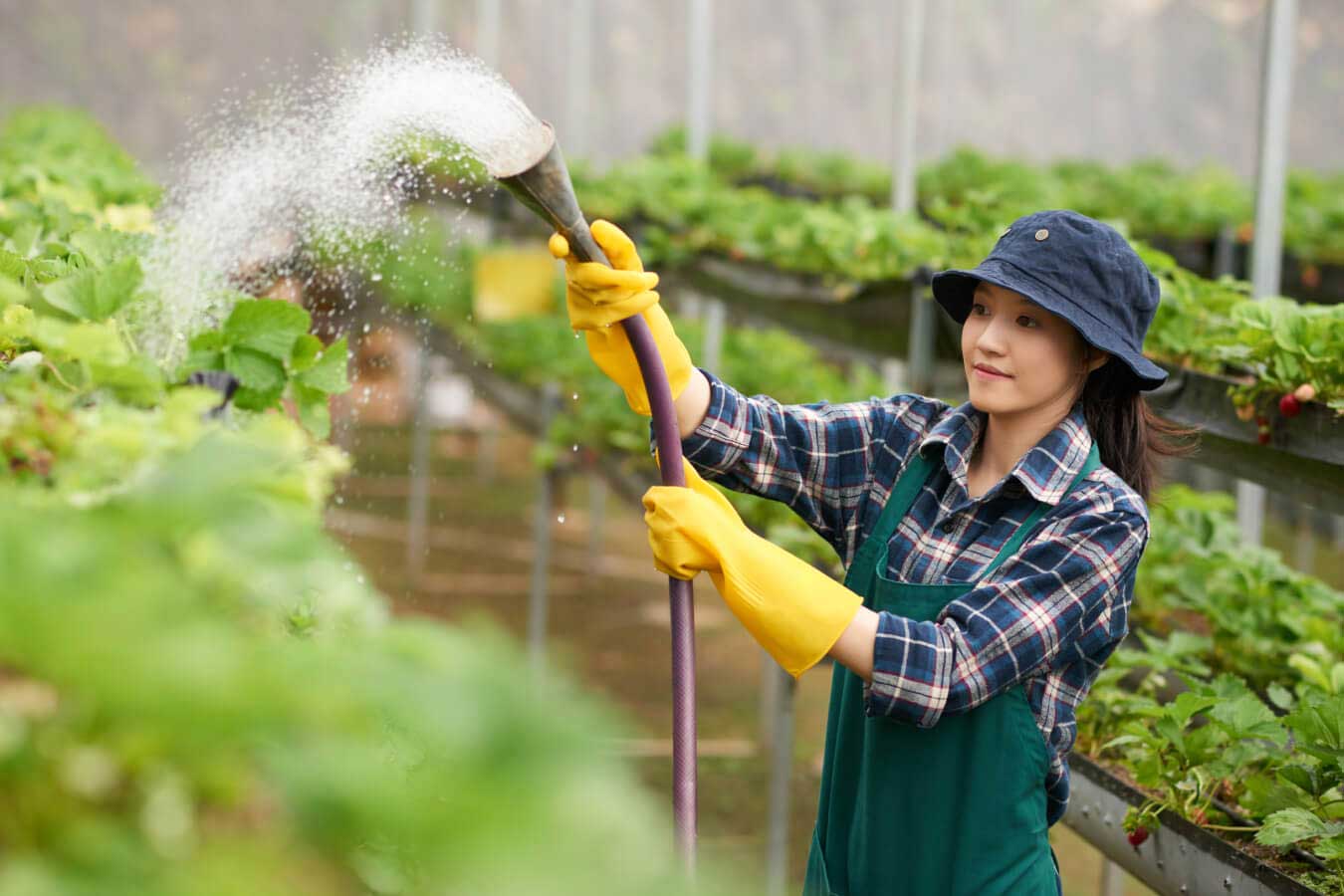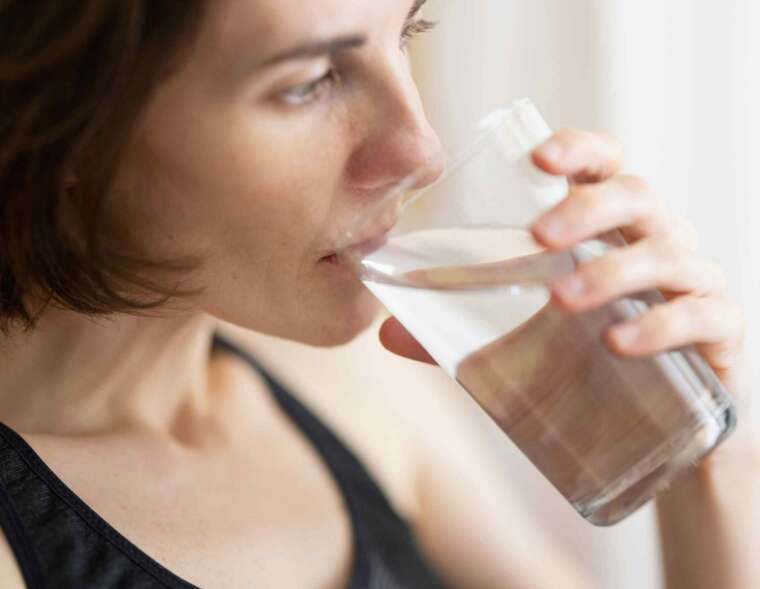If your houseplants seem dull or your garden isn’t thriving the way it should, your water might be the hidden culprit. Many homeowners don’t realize that the quality of the water they use plays a major role in plant health. Using a water filter for plants is one of the easiest ways to give your greenery a better shot at growing strong, and looking vibrant.
Let’s take a closer look at what’s in your water, what your plants really need, and how the right water filters for plants can make all the difference.
What’s in Your Tap Water and Why It Matters to Your Plants
Water may look clear, but it often carries additives that can do more harm than good. In most cities, tap water is treated with chlorine or chloramine to kill bacteria. It may also contain fluoride, which helps protect human teeth, but has a very different effect on delicate root systems.
So, is it OK to water house plants with tap water? Sometimes. But tap water often contains trace amounts of sodium, minerals, and chemicals that slowly build up in your soil. This can lead to salt deposits, leaf browning, or even stunted growth. If you’ve ever asked, “Is fluoride bad for house plants?”, the answer is yes, for many common varieties.
Curious what’s in your water? You can check water quality or read more about Georgia water quality to better understand your starting point.
The Problem with Hard Water and Softeners
If you have hard water at home, you’re probably used to seeing white buildup on your faucets or cloudy film on your dishes. That’s calcium and magnesium, and it doesn’t just cause problems for your plumbing. It can hurt your plants, too.
Some homeowners use water softeners to combat this, but here’s the catch: most softeners use sodium to swap out those minerals. And do water softeners kill plants? Unfortunately, they can. The excess sodium disrupts soil structure and can prevent plants from absorbing essential nutrients.
Instead, it’s better to use a filter for plants, a system that removes the problem minerals without adding harmful salts.
If you already use a whole home water filter, you’re likely in good shape. If not, filtering your garden hose or indoor tap may be a worthwhile next step.
Water Filter For Gardening: Why Gardeners Are Using Water Filters
Whether you’re growing tomatoes or tending tropicals, filtered water helps your plants stay consistently healthy. Using a water filter for gardening keeps contaminants like chlorine and heavy metals from accumulating in your soil. It also helps your compost and organic nutrients work better, since they’re not being neutralized by chemicals in your water.
Interested in organic gardening? This post on water and the organic garden explains why water quality matters just as much as soil or sunlight.
Choosing the Right Water Filter for Plants
 Not all filtration systems are the same. For gardening and houseplant care, you’ll want a system that:
Not all filtration systems are the same. For gardening and houseplant care, you’ll want a system that:
- Removes chlorine and sediment
- Doesn’t use salt to soften water
- Preserves trace minerals
- Offers a simple maintenance process
If you’re unsure what kind of system you need, it helps to talk with filter specialists who understand residential water chemistry.
Recommended Metro Water Filter Options for Plants
Metro Water Filter of the South offers several systems that are well-suited for homeowners who want to water their plants with clean, mineral-balanced water:
- Carbon Filters – Ideal for removing chlorine, chloramine, and VOCs that can stress houseplants and disrupt organic soil environments. A great fit for those using municipal water.
- Conditioning Filters – These tackle hard water minerals like calcium and magnesium without adding sodium, making them safer for watering sensitive plant species.
- Reverse Osmosis Filters – Highly effective at removing a wide range of contaminants. Best for delicate indoor plants or hydroponic setups that require very clean water.
- Sediment Filters – Especially helpful for well water users. These filters remove sand, silt, and debris that could clog roots or affect soil pH.
Each of these filters is custom-built and can be configured to suit your specific water source. For help selecting the right system, contact us for water filter service.
A Quick Word on Plants That Filter Water
You may have heard of plants to filter water, like reeds or lilie, used in natural graywater systems. While those plants help in some outdoor water treatment designs, they can’t clean the water you give to your houseplants. Even natural filters still need clean input to work well.
In other words, your green friends can’t clean up for you, they need your help to thrive.
Final Thoughts: Clean Water Helps Your Plants Thrive
Your plants don’t ask for much, just light, love, and water that won’t hurt them. Investing in a water filter for plants is a simple step that can lead to brighter blooms, stronger roots, and healthier growth all year long.
Not sure where to begin? Metro Water Filter of the South is here to help. Whether you’re growing herbs in the kitchen or tending rows of tomatoes out back, we’ll help you find a solution that fits. Contact us for water filter service tailored to your needs.



